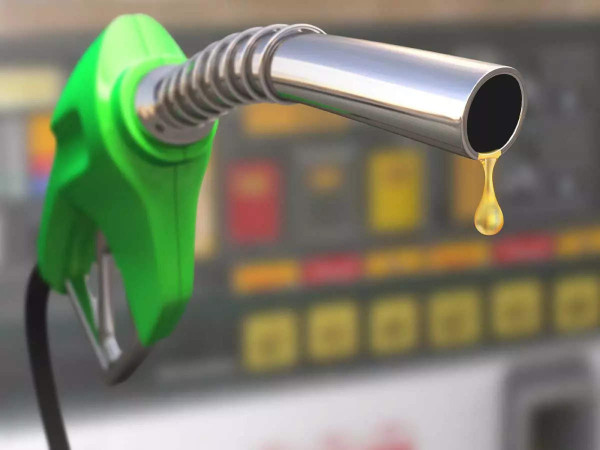Eyes on EPRA as prices of crude oil drop on international market
By Seth Mwaniki, June 14, 2023MONEY: As the Energy and Petroleum Regulatory Authority (EPRA) announce new fuel prices today, Kenyans hope this will bring reprieve after months of sustained increase, as the cost of global crude oil prices dip by half over the past 12 months.
With crude prices having plummeting by nearly 50 per cent, from $120 per barrel in June 2022 to less than $70 a barrel this month, Kenyans expect to see a corresponding decrease in fuel prices.
However, the reality at the pump is a different story, as Kenyans continue to pay more for fuel.
The matter will be made worse if the proposal to increase Value Added Taxes (VAT) on fuel increases from 8 per cent to 16 per cent in the next financial year.
New rates out today
In June last year for example, the price of petrol stood at Sh150 per litre, but this has since soared to Sh183 per litre, leaving many consumers frustrated.
With the EPRA set to announce the latest fuel prices, the hope is that fuel prices will reflect international oil prices, considering the 11 per cent year-on-year depreciation of the local currency.
Goldman Sachs says the low prices are due to weak demand from China and an oversupply in sanction hit countries.
“Russian supply has nearly fully recovered despite the decision by many companies to stop buying Russian barrels, and [effectively] a ban of Western financial and logistical services,” the bank wrote.
The Kenya government has been quick to attribute the persistently high fuel prices to the weakening local currency, which has adversely affected the cost of importing petroleum products.
However, critics argue that the heavy tax regime imposed by the government is a major contributing factor.
As Treasury Cabinet Secretary Prof. Njuguna Ndungu unveils his inaugural budget, the plan to raise VAT on fuel has faced backlash, with many arguing that it will only exacerbate the already strained financial situation for ordinary Kenyans. Critics argue that instead of passing on the benefits of lower global oil prices to consumers, the government is opting to generate more revenue through increased taxation.
With the continuous rise in fuel prices, Kenyans are grappling with the ripple effects it has on their daily lives. Transportation costs have increased, leading to higher prices for goods and services across various sectors.
Businesses, particularly in the transport and manufacturing sectors, face mounting challenges as their operational costs rise. This, in turn, affects their competitiveness both domestically and in the international market.
– John Otini
90-days ultimatum
Deputy President Rigathi Gachagua who promised legislative reforms and policy changes in the sector said that crucial administrative decisions must be effected to benefit the farmer after the 90 days ultimatum.
He said the ultimate success and achievement will be to crush the cartels, though admitting that this shall not be an easy task and may take time to clean the calue chain.
“I know that cartels are going to fight us as we try to restore sanity in this sub-sector. They may have enough energy to fight us even for a year but we shall overcome,” he said.
Embu Governor Cecily Mbarire shocked particpants when she the alleged cartels include three companies that have dominated and manipulated coffee farmers through milling, marketing and buying Kenyan coffee.
She further claimed that the three firms have been cross-licensed through sister companies therefore allowing them a control of the critical stages in the value chain of milling, marketing and buying.
In the recommendations, the farmers urged the government to have laws reviewed in order to bar a single incorporated company or through affiliate companies from being cross-licensed.
